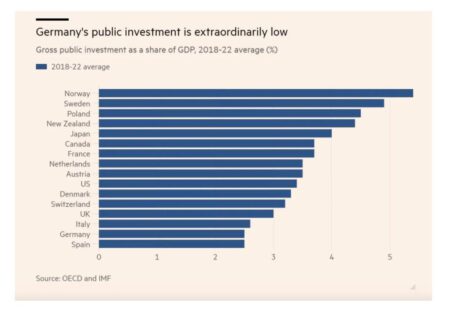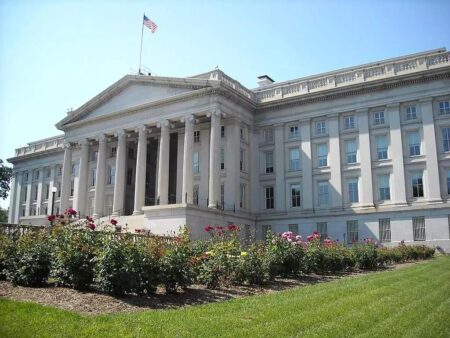India stands at a pivotal crossroads, where bold policy reforms and soaring consumer demand create a unique chance to reignite stalled investments. Experts believe that with clear strategic direction, the nation’s growth potential can be unleashed like never before
Browsing: economic reforms
Germany’s new government is set to revolutionize the economy by prioritizing green initiatives and embracing digital transformation. Experts are buzzing with excitement over anticipated investments that could ignite robust growth, while potential tax reforms promise to reshape fiscal policies in the coming years.
In a bold move, Argentina’s President Javier Milei is forging a new alliance with the United States, aiming to secure vital support for his groundbreaking reforms. This partnership is set to enhance Argentina’s economic resilience as it navigates through persistent challenges.
In a daring initiative, Argentina’s President Javier Milei has unveiled a clear timeline to eliminate inflation, igniting a wave of optimism and unrest among unions. As protests erupt across the nation, Milei’s ambitious economic reforms are under intense scrutiny in a country wrestling with skyrocketing prices.
US Treasury’s Bessent has voiced strong support for Argentina’s ambitious economic reforms, highlighting their crucial role in stabilizing the nation as worries about China’s expanding influence in the region mount. This initiative not only reflects a commitment to Argentina’s progress but also aligns seamlessly with broader U.S. interests in bolstering economic partnerships across Latin America.
Argentina’s President Javier Milei achieved a significant milestone by securing a deal with the IMF, marking a pivotal step towards economic stabilization. The agreement allows for the removal of most capital controls, signaling a shift towards fiscal reform and investor confidence.
Argentina has formally requested the first tranche of over 40% of its $20 billion loan program from the International Monetary Fund (IMF). This financial assistance aims to stabilize the country’s economy amid ongoing fiscal challenges and inflation concerns.
India and the International Labour Organization (ILO) are in discussions focusing on fair wages, the welfare of gig workers, and improving decent work conditions. This collaboration aims to enhance labor standards and ensure equitable opportunities for all workers.
German parties have reached a consensus to relax fiscal rules, enabling significant investments in military and economic reforms. This shift aims to fortify national defense and stimulate economic growth, reflecting a strategic response to emerging global challenges.
Japan’s ruling party has proposed capping the tax rate on cryptocurrencies at 20%, aligning it with the tax rate for stocks. This move aims to stimulate investment in digital assets and enhance the country’s attractiveness in the evolving crypto landscape.
Amidst economic uncertainties, Germany’s Finance Minister Christian Merz has initiated a fiscal awakening aimed at revitalizing the nation’s economy. His strategic policies may steer Germany back on track, fostering growth and stability in the Eurozone.











